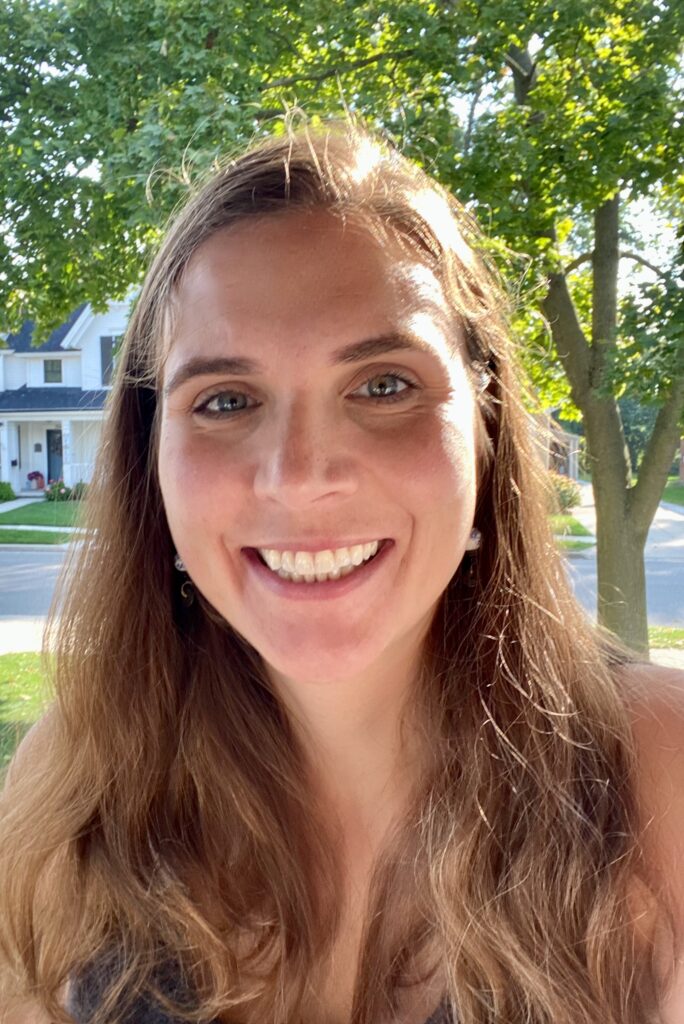This lab note was first published here.
Veterans getting care for substance use disorders who get diagnosed with depression are less likely to receive optimal care than other veterans, according to a new study. That includes both treatment based on antidepressants, and treatment based on “talk therapy” methods.
The findings, based on an analysis of records from more than 53,000 veterans across the country who received a new diagnosis of depression in 2017, are published in the American Journal of Psychiatry by a team from the University of Michigan and the VA Ann Arbor Healthcare System.
“Veterans with depression and substance use disorders receive lower quality depression treatment than those without substance use disorders, despite best practices recommending treating both conditions concurrently,” says lead author Lara Coughlin, Ph.D. “This is true both for medication and psychotherapy, highlighting the need to address comorbid depression in SUD patients and also the importance of thinking about the SUD population for the depression field.”
Even after adjusting for differences in personal characteristics, the study shows that patients with substance use disorders had a 21% lower chance of getting initial antidepressant medication treatment for depression that aligned with best-practice guidelines, and 26% lower chance of receiving continued antidepressant treatment. The difference between the two groups was smaller but still significant for psychotherapy.
In addition to highlighting the disparities between the two groups, the study also shows that nearly half of all veterans diagnosed with depression still don’t receive treatment that aligns with guidelines for depression care, whether or not they also have a history of substance use disorder. Only about a third of all the veterans in the study received psychotherapy for depression in the 90 days after their diagnosis.
Paper cited: "Quality of Outpatient Depression Treatment in Patients With Comorbid Substance Use Disorder," American Journal of Psychiatry. DOI: 10.1176/appi.ajp.2020.20040454




